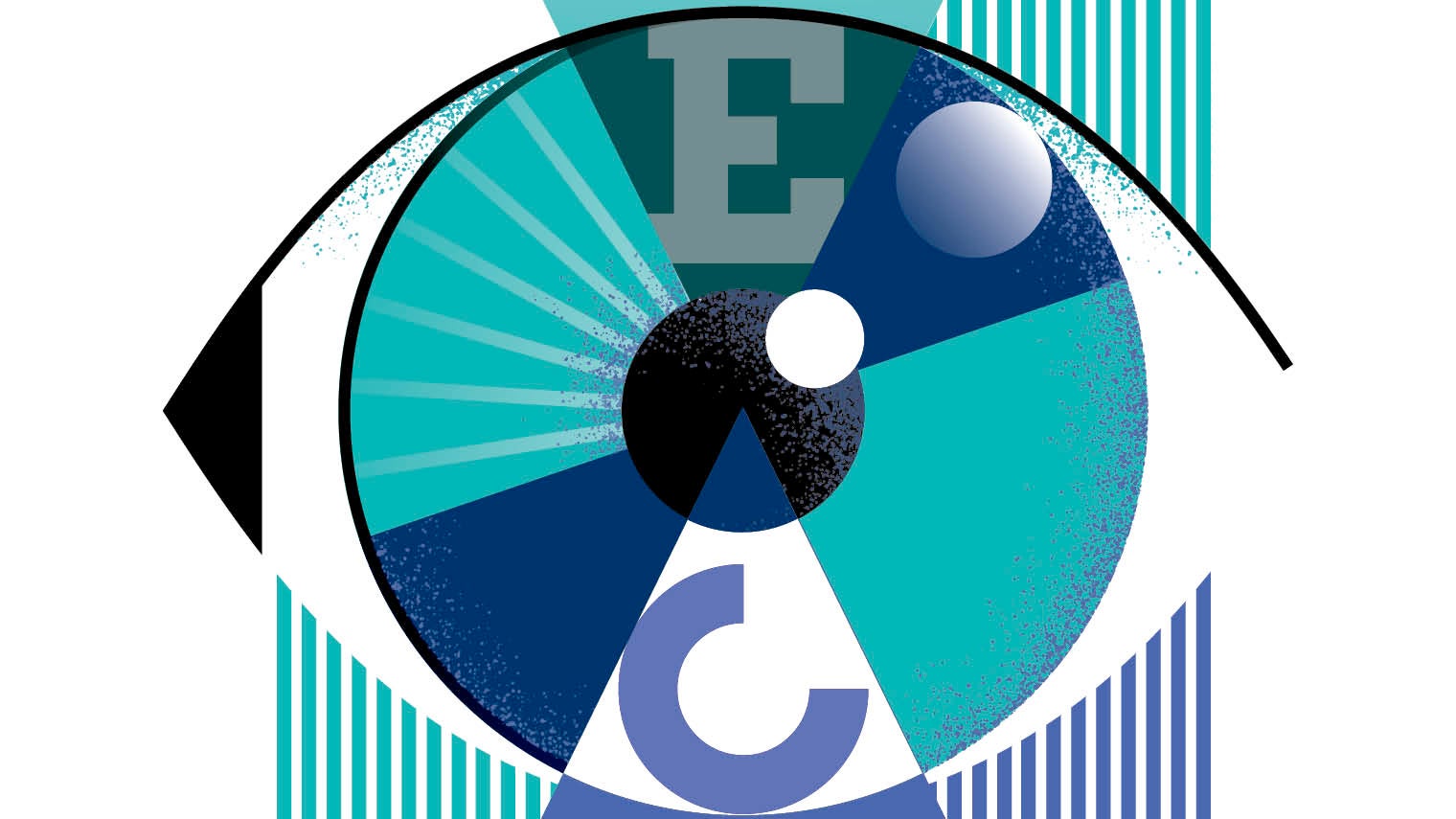Eye Health
More than 50 per cent of blindness is avoidable, so why are record numbers of people still losing their sight? The Eye Health special report, published in The Sunday Times, questions whether increased screen time is really responsible for the rise of myopia and, if so, should employers be taking responsibility for their employees’ sight? It covers the new developments and technologies - from bionic eyes to robot-assisted surgery - which are changing lives for those with vision problems. Finally, it covers what we can do to protect our sight, from getting outside more to understanding the foods which are good for our eyes
